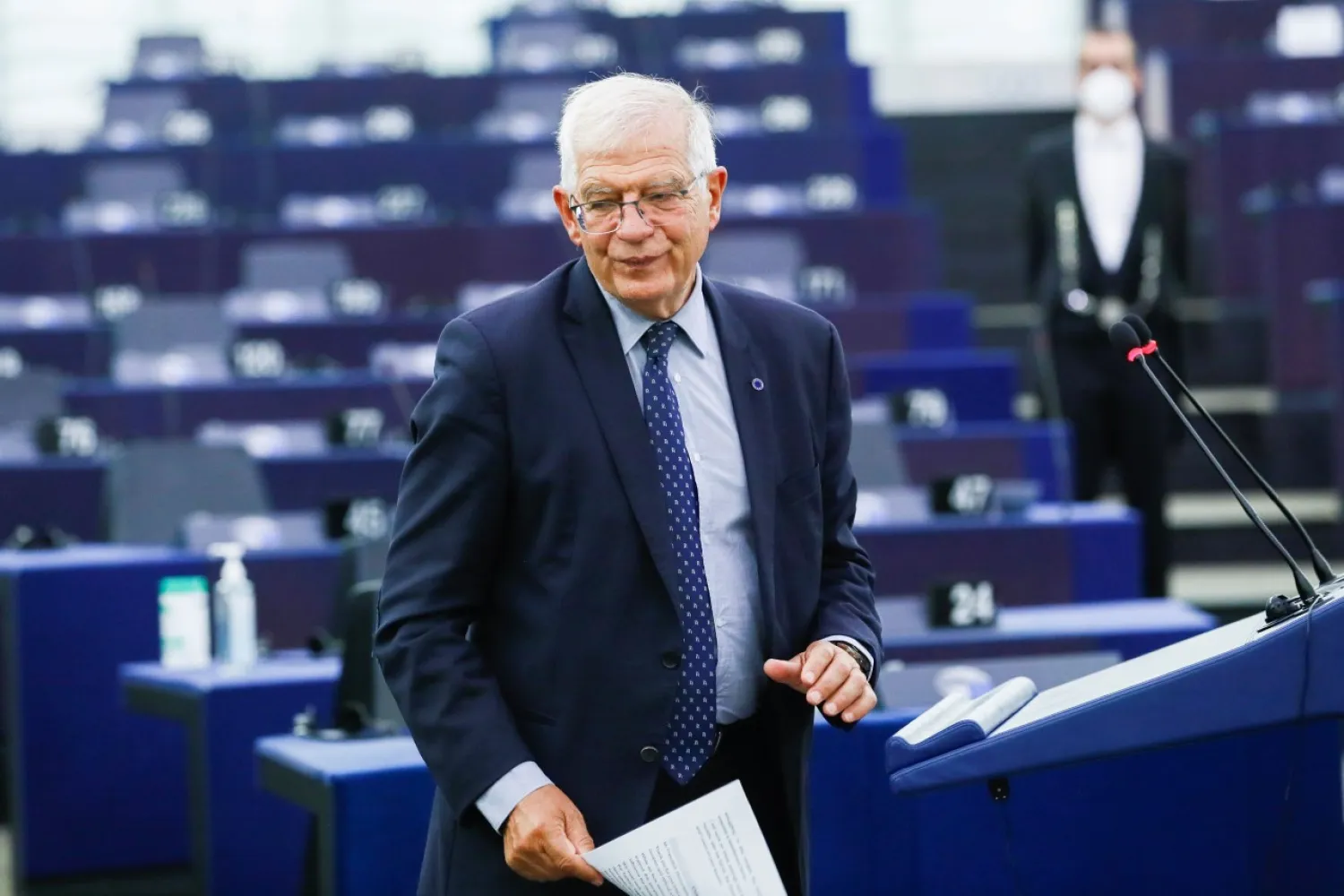Iranian Foreign Minister Hossein Amir Abdollahian is insisting on Tehran’s demand to maintain the talks aimed at reviving the 2015 nuclear agreement, while the United States questioned the Iranian authorities’ will to accept a draft agreement recently amended by European Union Foreign Policy Chief Josep Borrell, who has been leading the diplomatic process since April.
Iranian media quoted Abdollahian as saying during an event that Iran’s diplomatic corps “will continue negotiations to achieve the lifting of sanctions, but we want to reach a good, strong and sustainable agreement.”
But the Iranian minister did not touch on Tehran’s position on the new European draft, although he called Borrell on Wednesday and welcomed efforts to continue diplomacy and negotiations.
Borrell revealed on Tuesday that he had submitted a draft settlement, calling on Tehran and Washington to accept it to avoid a “serious crisis.”
“I have now put on the table a text that addresses, in precise detail, the sanctions lifting as well as the nuclear steps needed to restore the JCPOA,” he wrote in an article in the Financial Times.
“After 15 months of intense, constructive negotiations in Vienna and countless interactions with the JCPOA participants and the US, I have concluded that the space for additional significant compromises has been exhausted,” he added.
The French presidency said on Thursday that there was still plenty of time to save the nuclear agreement, adding that the ball was in Tehran’s court.
In the same context, US State Department spokesman Ned Price said, in a press briefing, that Tehran has not shown the political will during the past months to overcome the impasse in the talks aimed at reviving the nuclear agreement.
He stressed that the US administration was preparing for various scenarios in the negotiation process and was studying the draft proposed by the EU foreign policy chief.
“We’ve been in touch with our European allies. We continue to remain in close contact with our P5+1 partners in this regard, including, of course, our European allies in this. We are reviewing the draft understanding. We plan to do so swiftly. We’ll share any reactions we have with the EU directly,” he stated.
Price also noted that Washington was considering equally the various scenarios in the event of failure to reach an agreement to revive the agreement concluded in 2015.
He told the reporters: “What we have not seen from Iran, whether in March or in the ensuing months, is an indication from them that they are prepared to make that political decision necessary to return to compliance with the JCPOA. That’s why we’ve continued to prepare equally for scenarios where we have a JCPOA, scenarios in which we don’t have a JCPOA.”









